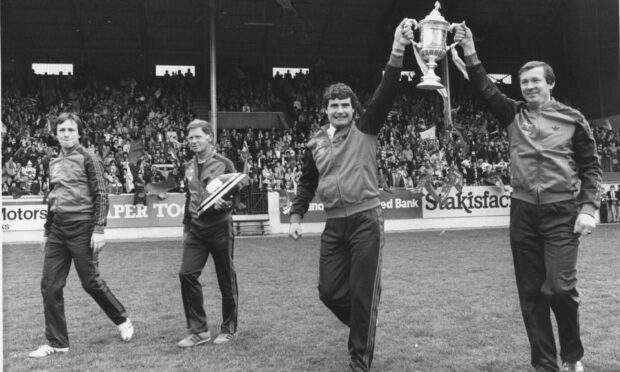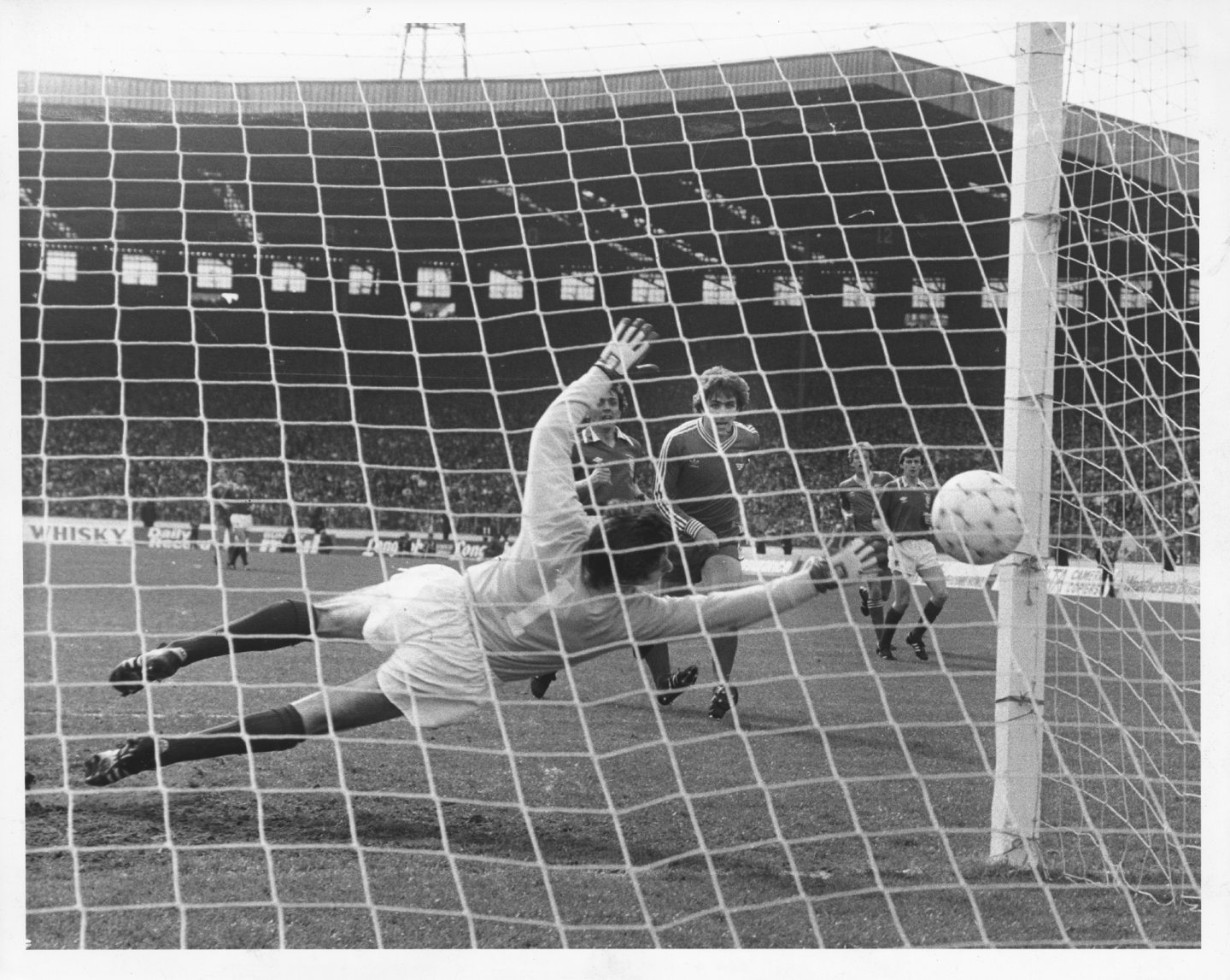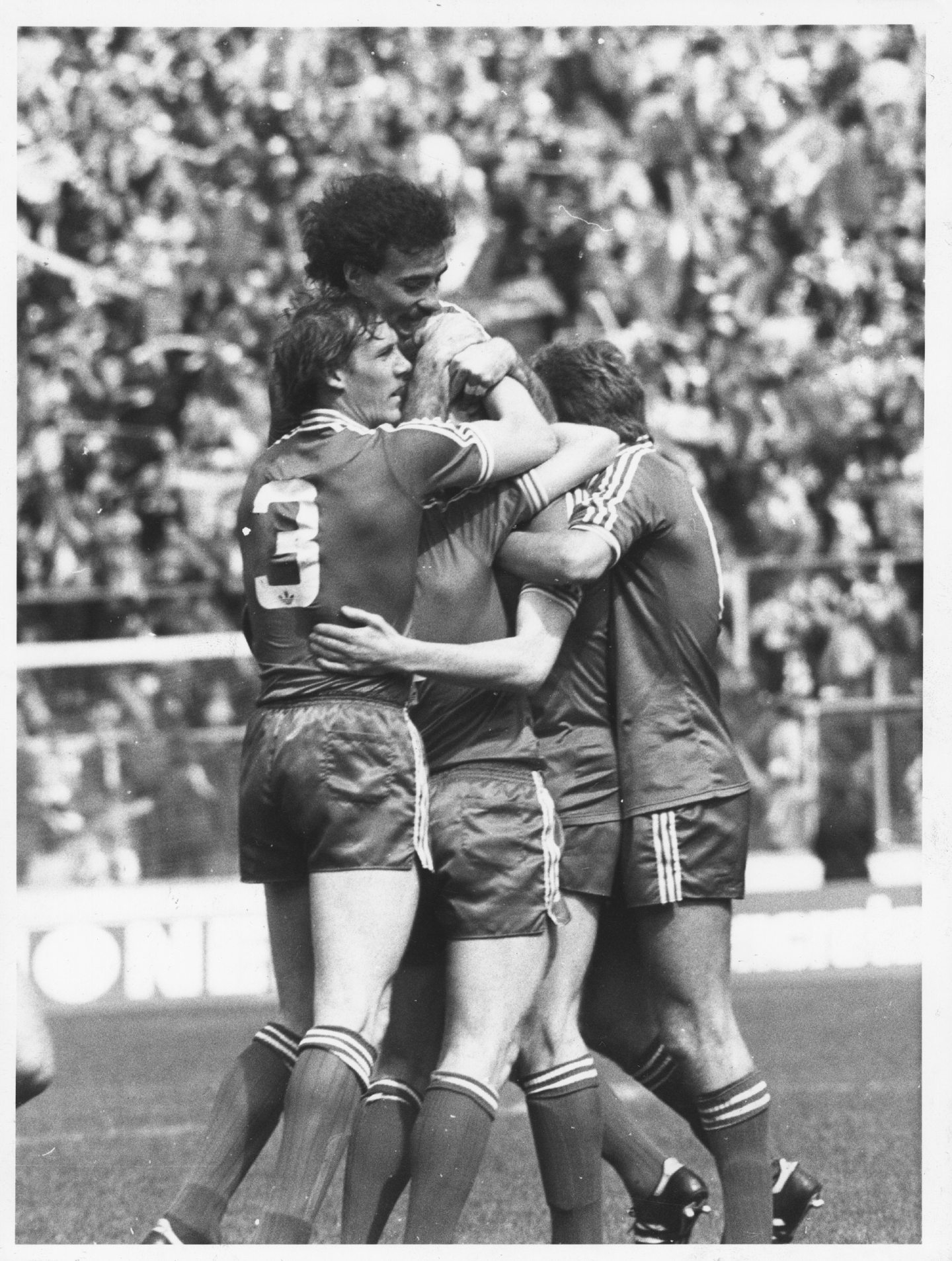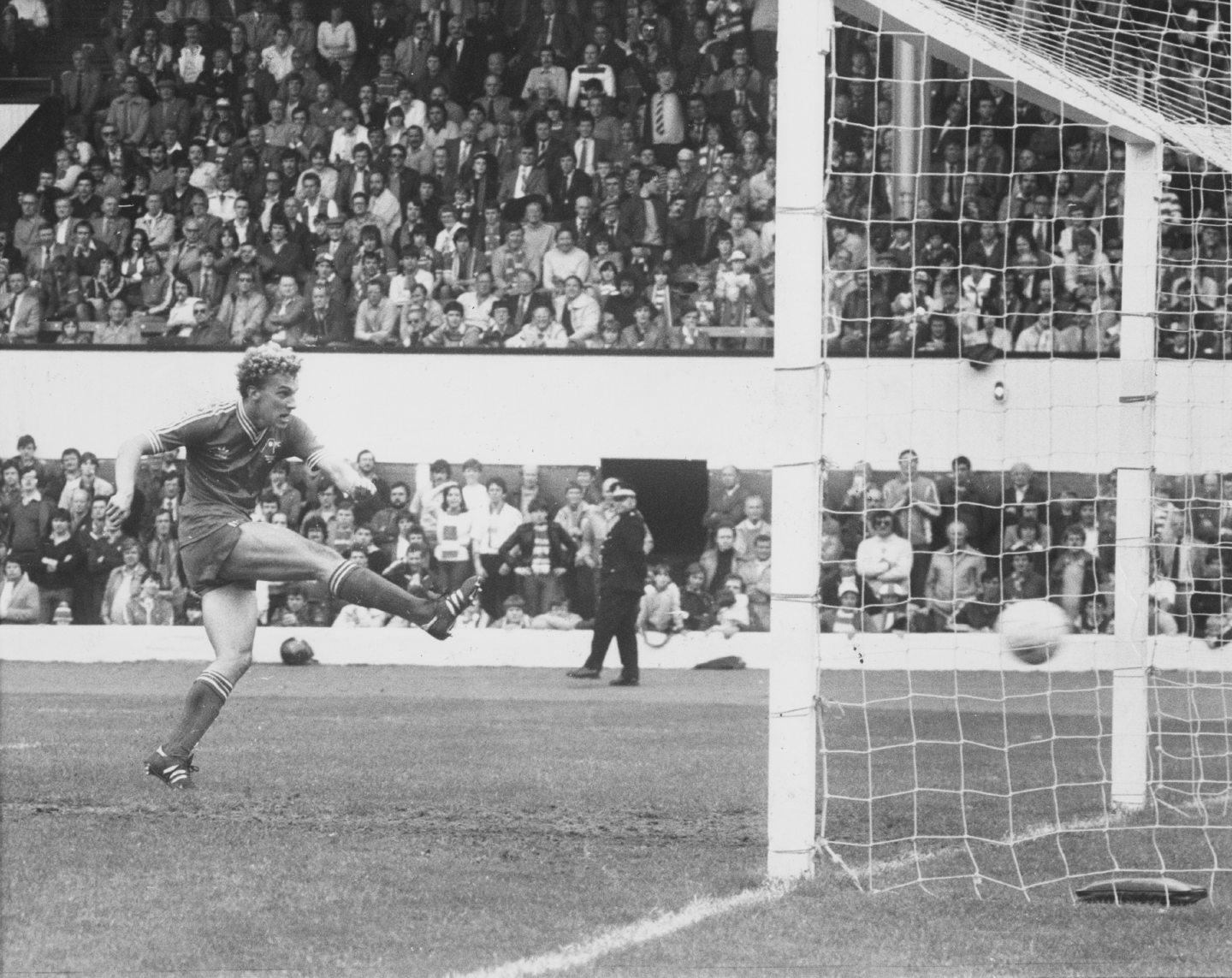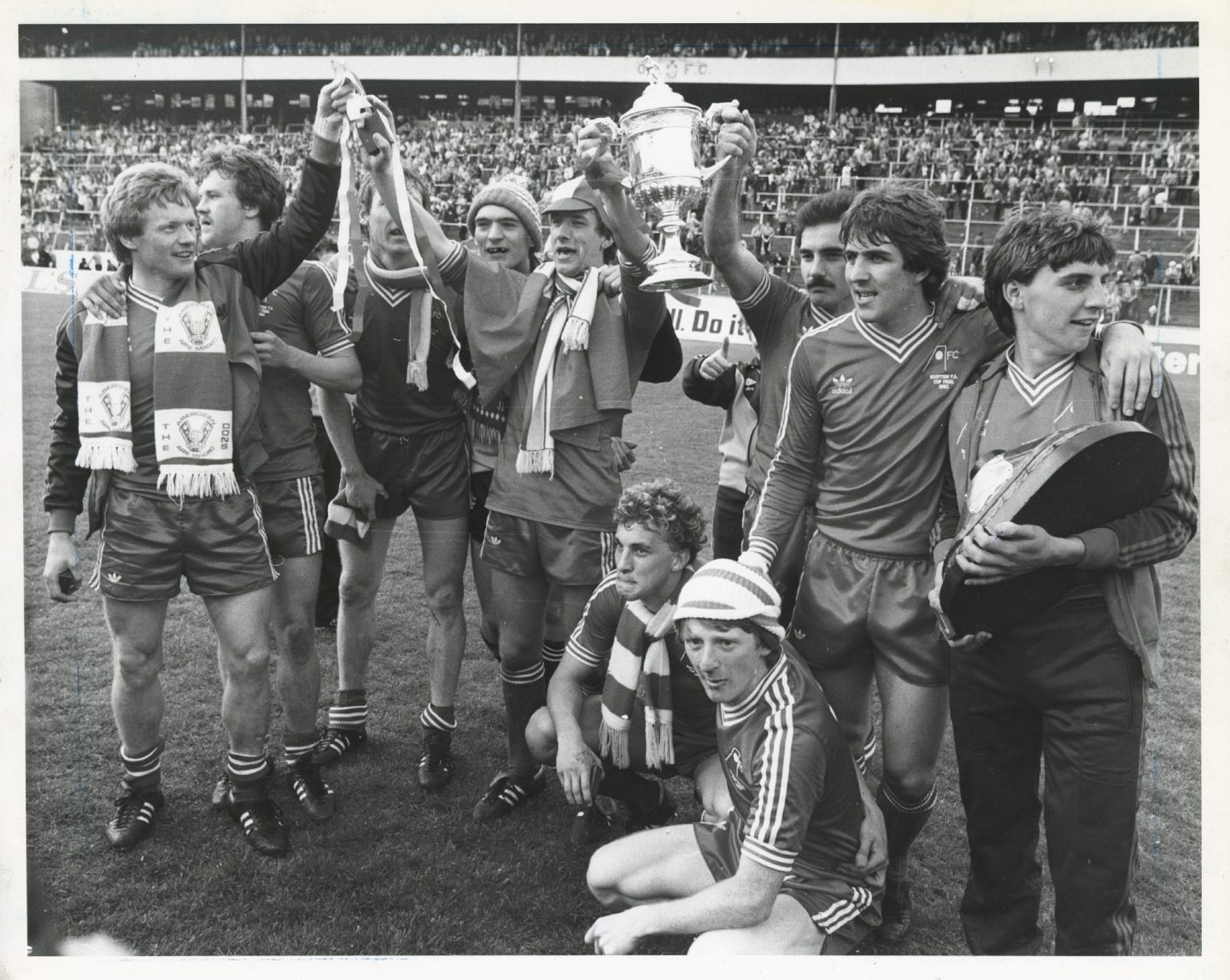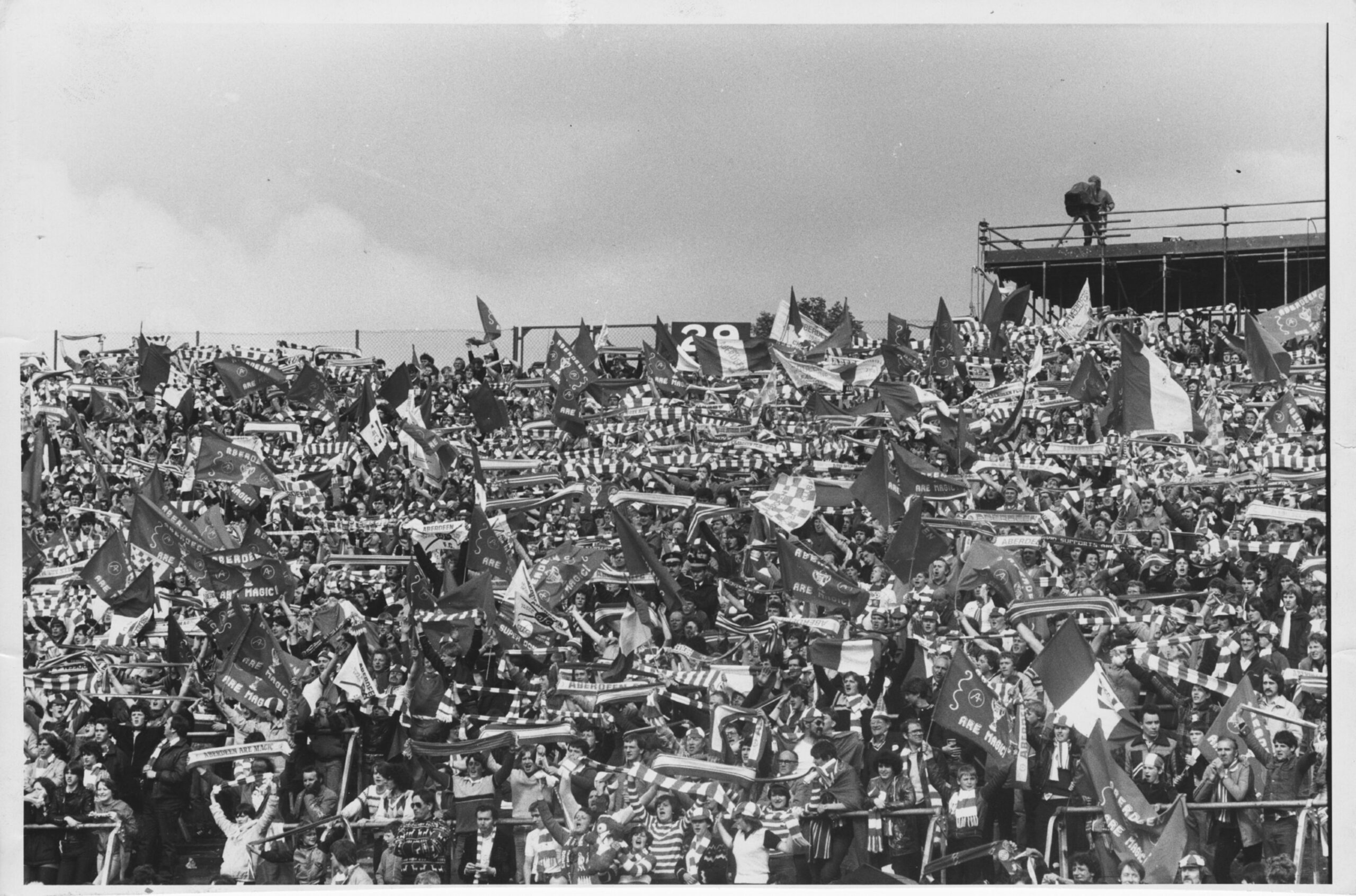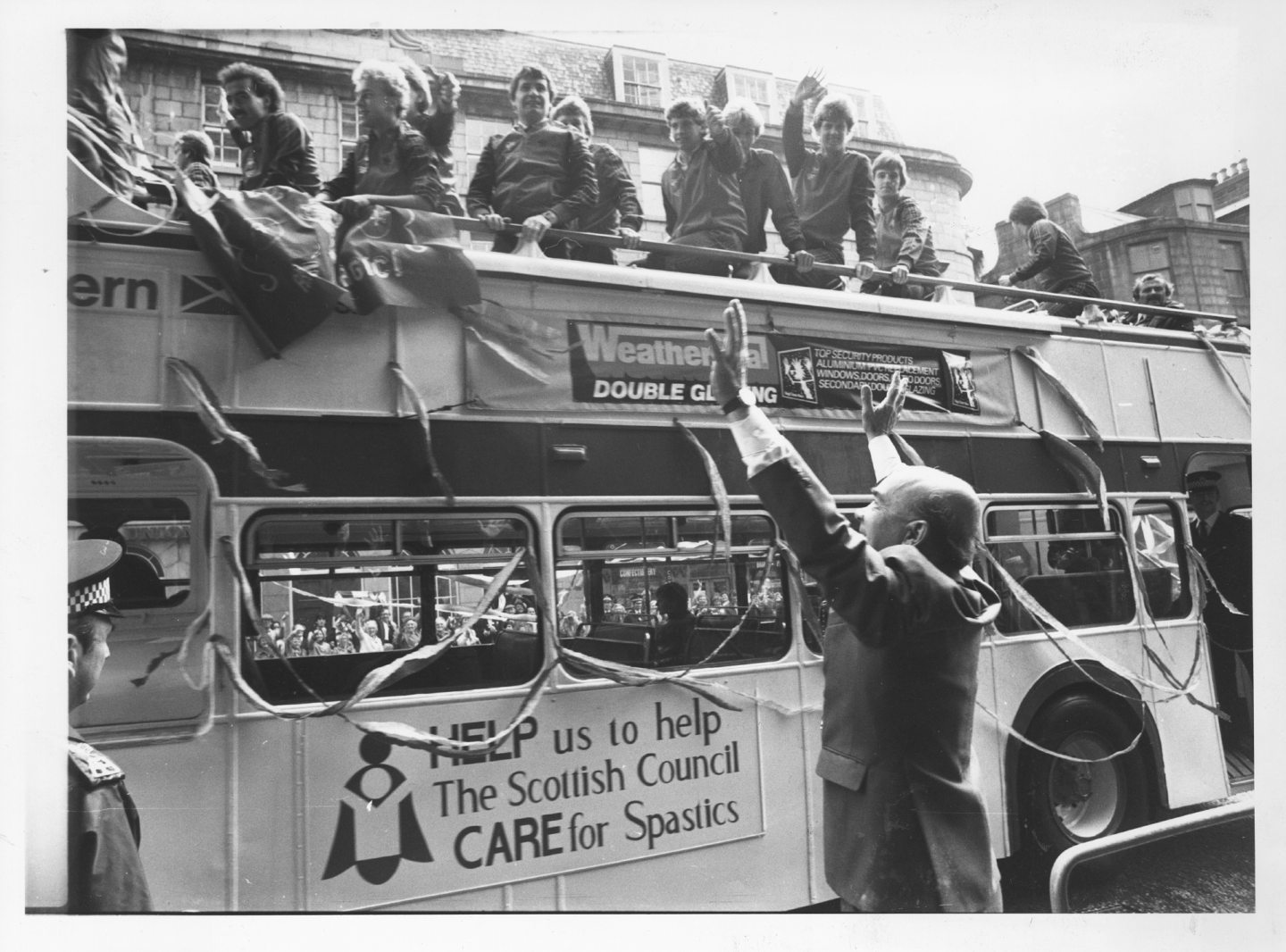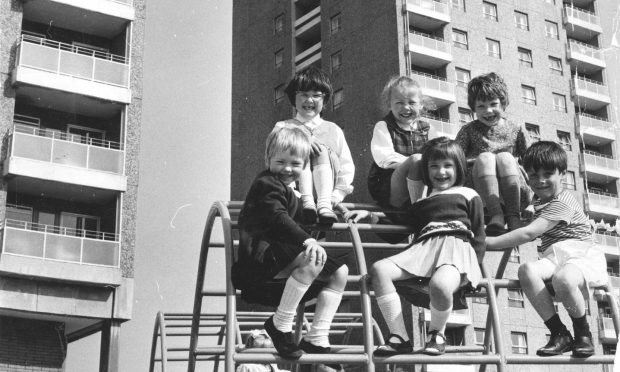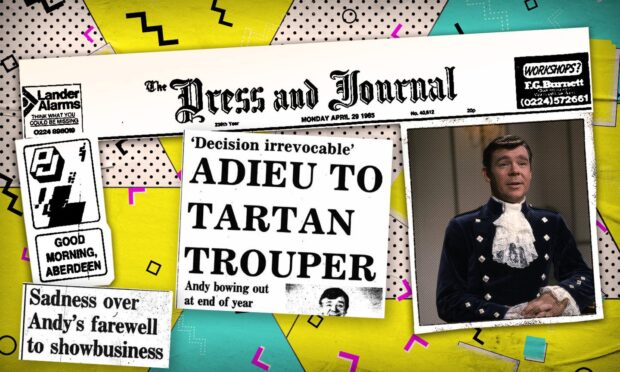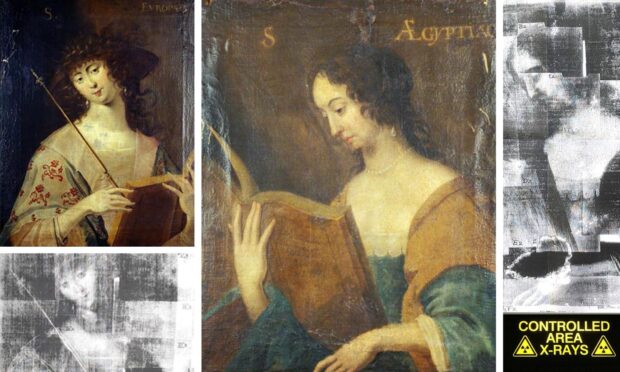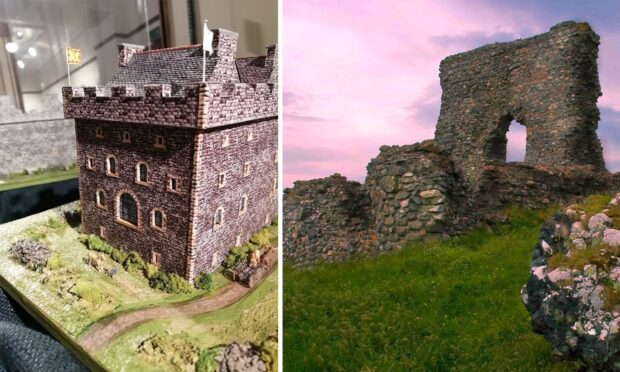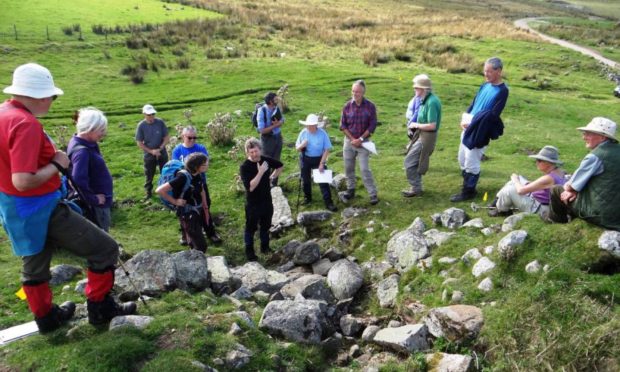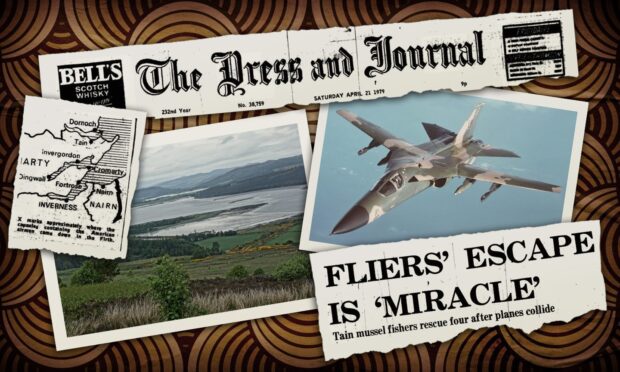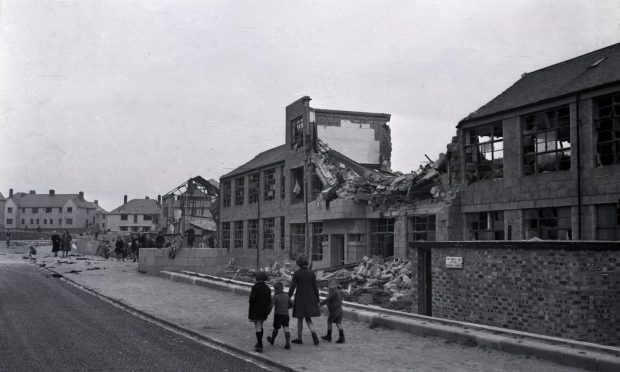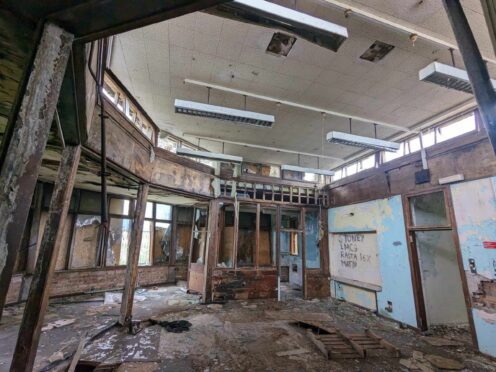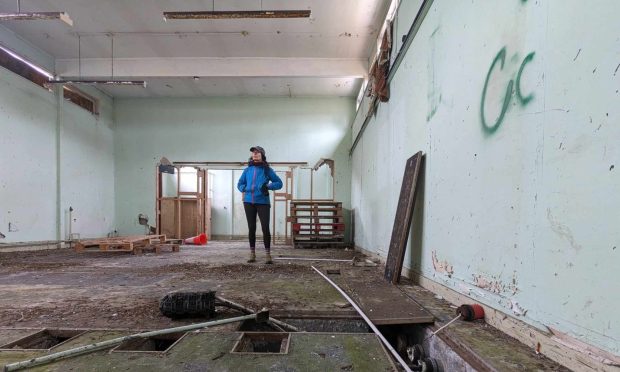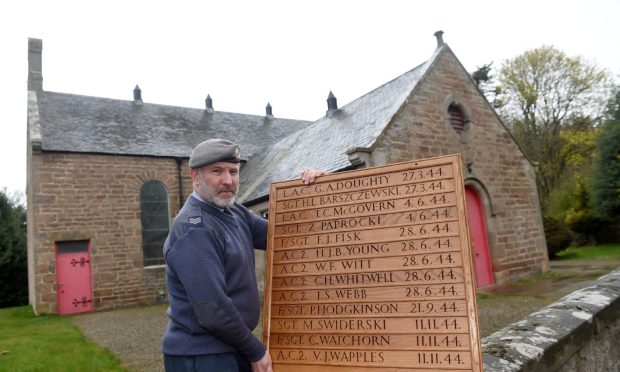There was something symbolic about the ecstatic fashion in which Neale Cooper thumped the ball into the Rangers net to secure the Scottish Cup for Aberdeen in 1982.
Here was a north-east teenager with bags of brio and lashings of effervescent energy finally ending the Old Firm’s stranglehold of the trophy, even as some of his older opponents crumpled to the Hampden turf, out on their feet.
It was the first time since 1970 that anybody except Rangers or Celtic had triumphed in the competition, but it demonstrated the progress which Alex Ferguson and his team had made since the Glaswegian arrived at Pittodrie.
He had drilled into his charges the philosophy that others should fear them on their travels and, bolstered by a squad which was bursting with ambition and talent, the Dons had stepped into the ring and gone toe-to-toe with rivals.
No wonder they were quietly confident when they lined up against Rangers on May 22 1982 – and though the match eventually went all the way to extra time, just one of the sides was peching at the climax and it wasn’t Aberdeen.
More than 53,000 fans were packed inside the national stadium as Ferguson’s troops arrived to take on John Greig’s defending champions.
Rangers confident Glasgow side would be lifting the trophy
The latter were still a formidable proposition, but had several individuals in their ranks including Sandy Jardine, Alex Miller and Colin Jackson who were coming towards the end of their illustrious careers at Ibrox.
Aberdeen, in contrast, fielded Cooper, 18, John Hewitt, 19, and Neil Simpson, 20, among their leading luminaries as they lined up for battle at Hampden.
And, although they knew it would be a tough challenge, there was a youthful air of confidence about these characters, who swaggered into the spotlight as if it was the most natural thing in the world.
In advance, the managers were determined to talk up the quality of their opponents, while the Glasgow-centric media had become so accustomed to one of their clubs lifting the silverware that their predictions foretold another comfortable Rangers victory before a ball had even been kicked.
For a while, it seemed their confidence was justified when John MacDonald opened the scoring after 15 minutes with a diving header from six yards out.
But these Fergie fighters were no shrinking violets and the longer the action progressed, the more they stamped their authority on the proceedings.
Age and fast pace start catching up with the Rangers old guard
And it was no more than they deserved when Alex McLeish levelled matters in the 32nd minute with a wonderful goal, where he was given a ridiculous amount of time to line up his exquisite curling shot which powered past the flailing Jim Stewart in a fashion which seemed to surprise even McLeish.
Both sides had talismanic performers and mercurial customers who were capable of seizing the initiative with a spark of genius or sliver of spontaneity, but while it was a tense war of attrition in the second period, the momentum always appeared to be shifting towards Aberdeen as age and the pace of the frenetic contest gradually, inexorably caught up with the Rangers old guard.
Fergie, by now, had immense faith in his personnel and, despite the scoreline remaining locked at 1-1 when referee Brian McGinlay signified the end of the 90 minutes, his advice was straightforward: Keep on pushing forward, keep on running directly and keep on believing they will run out of legs.
It was a masterful strategy. And one which provoked an almost evangelical response from the thousands of Dons supporters who had made the journey to Hampden and were about to witness a spell-binding half an hour.
They were jubilant after just three minutes when Mark McGhee sent his team in front with a header which the scrambling Stewart could not keep out.
And then, as the swell inside the arena from the Red Army built up, the hapless Jackson, normally such an assured defensive presence, was left flailing on his backside as the Dons surged into the Rangers penalty box and Strachan was presented with the easiest of opportunities to make it 3-1.
There was never going to be any way back for Greig’s knackered warriors at that stage, but just to compound their misery, Stewart and Cooper raced towards the ball in the 110th minute, it broke kindly for the young Don, and the manner in which he crashed it into the net, before bounding away in joyful exhilaration, signalled that the Scottish Cup was heading to Aberdeen.
Dons welcomed back with open arms
They couldn’t have known it, but this was the first of three consecutive successes in the competition for the Pittodrie side – with a fourth arriving in 1986 – while, less than a year later, Ferguson and Archie Knox were instrumental in guiding their charges to European glory in Gothenburg.
Imn which light, it was hardly surprising that they celebrated like men possessed at the denouement when Willie Miller held the trophy aloft, and the north-east throng prepared to party later that evening.
But there was another chance to paint the town red once they had all returned to Aberdeen – and this was a bash where even Fergie let his hair down.
Rain and grim skies couldn’t dampen the enthusiasm of the congregation as more than 15,000 supporters turned out the next day at Pittodrie to welcome home their conquering heroes.
Earlier, they had been warmly greeted by large crowds in Laurencekirk and Stonehaven as the team coach journeyed to the Granite City following an overnight stop at Gleneagles in Perthshire.
The Press & Journal reported: “At Bridge of Dee, they boarded an open-topped double-decker bus to drive through the streets towards the stadium. Cars travelled behind the victory bus and regularly sounded their horns to proclaim the arrival of the Scottish Cup-winning side.
“But some fans were caught out by the quickness of the procession – including Lord Provost, Alex Collie, who managed only a brief wave from the Town House steps as the bus went by towards Pittodrie.
“[Once there]Willie Miller ran out from the players’ tunnel to meet a forest of red and white flags and scarves. The Beach end was packed, the South terracing and main stand almost full and even the paddock – usually the home of rival supporters – was well filled as the Cup winners took the field.
The manager was in his element
“Every player was welcomed with cheers that reverberated around the stadium – and there was a specially loud one for Aberdeen’s man of the match McLeish, his tracksuit swathed in a dozen red-and-white scarves.
“As the rain began to fall again, the biggest roar of the afternoon hailed the arrival of manager Alex Ferguson and assistant manager Archie Knox with the trophy all of them had turned out to see – the Scottish Cup.”
Fergie took part in an impromptu penalty kick competition and feigned disgust when his effort was saved by Jim Leighton. The latter then handed his goalie’s jersey to wee Gordon Strachan and scored from the spot.
And even a pitch invasion by scores of youngsters in the South terracing – which had to be cleared by stewards – couldn’t deflate the excitement.
Eventually, once the dust had settled, Ferguson took time both to thank the supporters and look forward to the future. And, as was often the case with this fellow, he was already plotting fresh achievements and accolades.
He told the P&J: “We’ve had a hard season and our World Cup players in the team still have the trip to Spain to look forward to. But we’ll be ready again to chase all the honours next season and we’re going to be that bit better now.
“If we come up against any problems, we won’t lie back and wallow in self-pity, because we have now got the experience to go out and win.
“It is a great day for the city of Aberdeen. But we hope there will be more.”
And, of course, there were many more in those halcyon days for the Dons.
